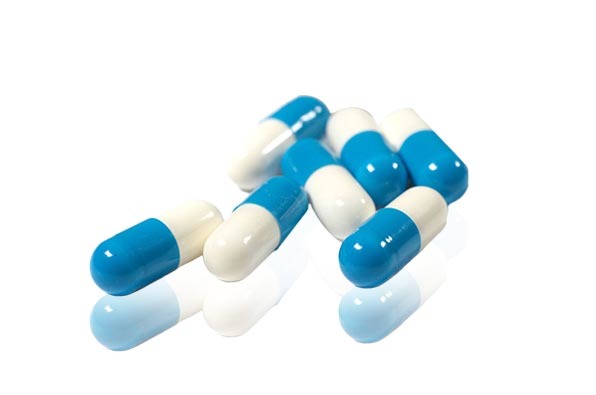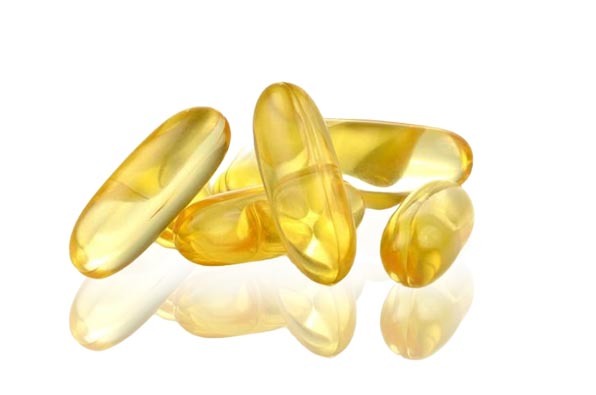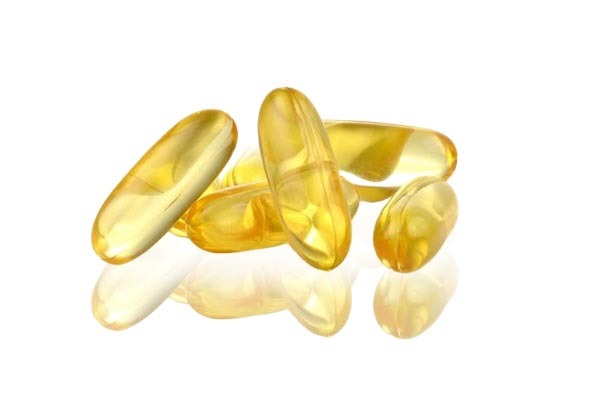News center
The Essential Guide to High-Quality Collagen: Benefits and Applications in Food Additives
Release time:
2024-12-20
Collagen is a vital protein that plays a crucial role in maintaining the structural integrity of our skin, bones, tendons, and ligaments. As we age, the natural production of collagen in our bodies decreases, leading to visible signs of aging and a decline in joint health. This is where high-quality collagen comes into the picture, especially in the realm of food additives. Integrating high-quality collagen into your diet can lead to numerous health benefits, making it a valuable addition to various food products.
One of the most significant benefits of high-quality collagen is its ability to promote skin health. Regular consumption of collagen can help improve skin elasticity, hydration, and overall appearance, potentially reducing the appearance of wrinkles and fine lines. This is particularly appealing in the beauty and wellness industries, where products enriched with high-quality collagen are becoming increasingly popular.
In addition to skin health, high-quality collagen is also known for its positive effects on joint health. Studies suggest that collagen supplementation can aid in the reduction of joint pain and inflammation, making it an excellent choice for individuals suffering from conditions such as osteoarthritis. By incorporating high-quality collagen into food products, manufacturers can create functional foods that cater to health-conscious consumers looking to support their joint function.
Another remarkable aspect of high-quality collagen is its versatility in food applications. It can be found in various forms, including powder, liquid, and even as a gel. This flexibility allows food manufacturers to use collagen in a range of products, from protein bars and smoothies to soups and sauces. The addition of high-quality collagen not only enhances the nutritional value of these products but also improves their texture and mouthfeel, making them more appealing to consumers.
Moreover, high-quality collagen is rich in amino acids, particularly glycine, proline, and hydroxyproline, which are essential for maintaining a balanced diet. These amino acids play vital roles in collagen synthesis within the body, further emphasizing the importance of incorporating high-quality collagen into our daily nutrition.
When sourcing high-quality collagen for food applications, it’s essential to consider the source and processing methods. Collagen derived from grass-fed bovine, wild-caught fish, or free-range poultry is typically considered superior, as these sources tend to provide a higher quality product that is free from harmful additives or contaminants.
In summary, high-quality collagen offers numerous benefits that extend beyond aesthetic improvements. Its ability to support skin health, joint function, and overall wellness makes it a valuable ingredient in food additives. By embracing high-quality collagen, both consumers and manufacturers can enjoy the wide-ranging advantages it brings to the table, enhancing health and quality of life.
One of the most significant benefits of high-quality collagen is its ability to promote skin health. Regular consumption of collagen can help improve skin elasticity, hydration, and overall appearance, potentially reducing the appearance of wrinkles and fine lines. This is particularly appealing in the beauty and wellness industries, where products enriched with high-quality collagen are becoming increasingly popular.
In addition to skin health, high-quality collagen is also known for its positive effects on joint health. Studies suggest that collagen supplementation can aid in the reduction of joint pain and inflammation, making it an excellent choice for individuals suffering from conditions such as osteoarthritis. By incorporating high-quality collagen into food products, manufacturers can create functional foods that cater to health-conscious consumers looking to support their joint function.
Another remarkable aspect of high-quality collagen is its versatility in food applications. It can be found in various forms, including powder, liquid, and even as a gel. This flexibility allows food manufacturers to use collagen in a range of products, from protein bars and smoothies to soups and sauces. The addition of high-quality collagen not only enhances the nutritional value of these products but also improves their texture and mouthfeel, making them more appealing to consumers.
Moreover, high-quality collagen is rich in amino acids, particularly glycine, proline, and hydroxyproline, which are essential for maintaining a balanced diet. These amino acids play vital roles in collagen synthesis within the body, further emphasizing the importance of incorporating high-quality collagen into our daily nutrition.
When sourcing high-quality collagen for food applications, it’s essential to consider the source and processing methods. Collagen derived from grass-fed bovine, wild-caught fish, or free-range poultry is typically considered superior, as these sources tend to provide a higher quality product that is free from harmful additives or contaminants.
In summary, high-quality collagen offers numerous benefits that extend beyond aesthetic improvements. Its ability to support skin health, joint function, and overall wellness makes it a valuable ingredient in food additives. By embracing high-quality collagen, both consumers and manufacturers can enjoy the wide-ranging advantages it brings to the table, enhancing health and quality of life.
NEWS





